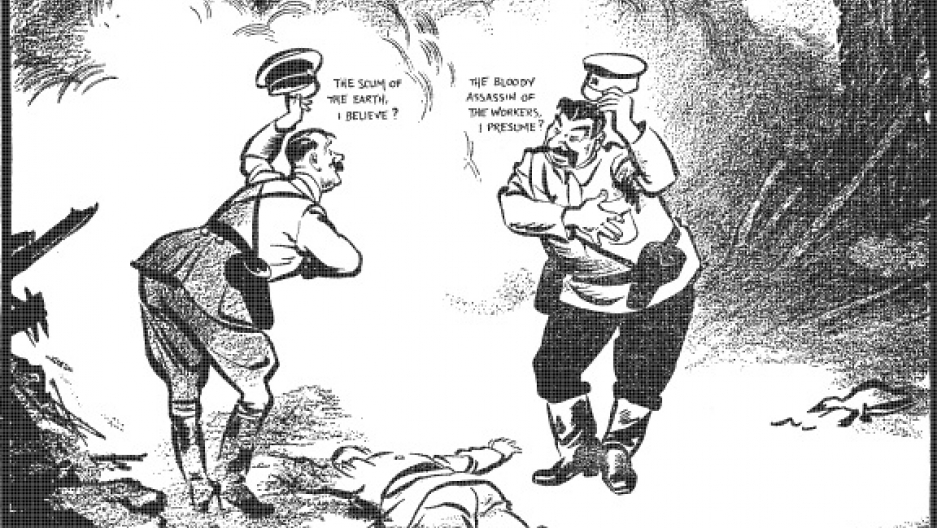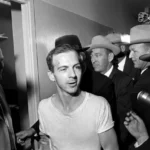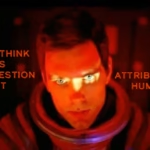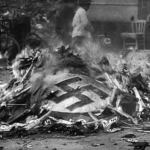Why democracy depends on staying out of the gutter
On June 14, 2025, elected officials in Minnesota were shot in their homes as they slept. The facts were unclear but that didn’t stop the certainty. Within hours, a familiar pattern emerged: prominent voices on the political right rushed to blame the political left and attack it, en masse.
Elon Musk posted that “the far left is murderously violent.” Others called it a “psyop” or a false flag, all before any evidence had been confirmed in any substantive way. Senator Mike Lee (R-UT) claimed, “This is what happens when Marxists don’t get their way.” I mean, honestly, who’s actually a Marxist these days? The suspect, Vance Boelter, turned out to be a far-right Trump supporter with anti-abortion views, targeting Democratic officials and abortion providers.
But the retractions never came, because the facts didn’t matter. The truth wasn’t the point.
This wasn’t just bad behavior. It was something deeper. Something more dangerous. A sign of how deeply extremism is eating away at our political life.
As President Dwight D. Eisenhower once put it:
“The middle of the road is all of the usable surface. The extremes, right and left, are in the gutters.”
Eisenhower wasn’t talking about watering down your beliefs. He wasn’t promoting bland centrism. He was warning about those who step outside the democratic lane altogether. Those who abandon the common ground of facts, laws, and shared humanity in favor of a worldview where only their side is real, and everyone else is a threat.
That’s what real extremism is. And it has nothing to do with whether your values lean left or right.
Who Are The Real Extremists?
The charge of extremism is easy to throw around and many have been unfairly labeled with it. When Dr. Martin Luther King Jr. was accused of being an extremist, he chose to embrace the accusation—Letter from Birmingham Jail—but this was only after redefining the term in such a way that highlighted why he wasn’t actually an extremist:
“Was not Jesus an extremist for love… Amos an extremist for justice… Paul an extremist for the gospel of Jesus Christ…?”
King’s extremism wasn’t violent. It wasn’t conspiratorial. It wasn’t rooted in paranoia or hate. It was rooted in moral clarity, in love, in nonviolence, and in a vision of justice that included even his enemies. That is not the extremism Eisenhower warned us about. And it’s not what we’re seeing today. So don’t let things like this fool you.
The kind of extremism that’s tearing at our democracy—and that showed its face in Minnesota bedrooms with a gun in hand—is something else entirely.
It’s what philosopher Karl Popper called the enemies of the open society.
In The Open Society and Its Enemies, Popper warned that totalitarian ideologies—whether fascist or communist—share a dangerous core: the belief that only one group, one truth, one worldview is legitimate. Everything else is a threat to be eliminated. That’s not politics. That’s dogma.
And dogma doesn’t argue. It doesn’t compromise. It doesn’t coexist. It conquers. It kills. It imagines all those who oppose it as agents of the Devil. Just as the tens of thousands of women burned for practicing witchcraft were once believed to be plotting with the Devil.
Popper also warned of the paradox of tolerance, that if a free society is endlessly tolerant, even of the intolerant, then the intolerant will use that freedom to destroy it. There must be a line.
Not against disagreement. But against those who refuse to live in a shared reality.
This is what makes the right-wing reaction to the Minnesota shooting so dangerous. Elon Musk and Senator Mike Lee weren’t just wrong. They were participating in a mindset that cannot tolerate complexity. That cannot accept that violence could emerge from within their own tribe. That must label every act of horror as the work of the “other side” regardless of evidence, regardless of cost.
That’s not politics. That’s extremism.
It’s not unique to the right, though the right owns this particular moment. The extreme left has its own versions—purity tests, conspiracy logic, contempt for process, fantasies of revolution—but the mechanism is the same: shut down the middle, burn the bridges, claim the high ground, and make everyone else the villain.
The left and the right are not the problem. In a healthy democracy, we need both—and more. We need argument. We need push and pull. We need dissent.
What we don’t need—what democracy cannot survive—is the belief that only one side deserves to exist.
The middle of the road isn’t mush. It’s the pavement, and it’s the only place you can actually move forward.
Everything else is the gutter. And there’s nothing down there but broken glass, excrement, and blood.













Leave a Reply